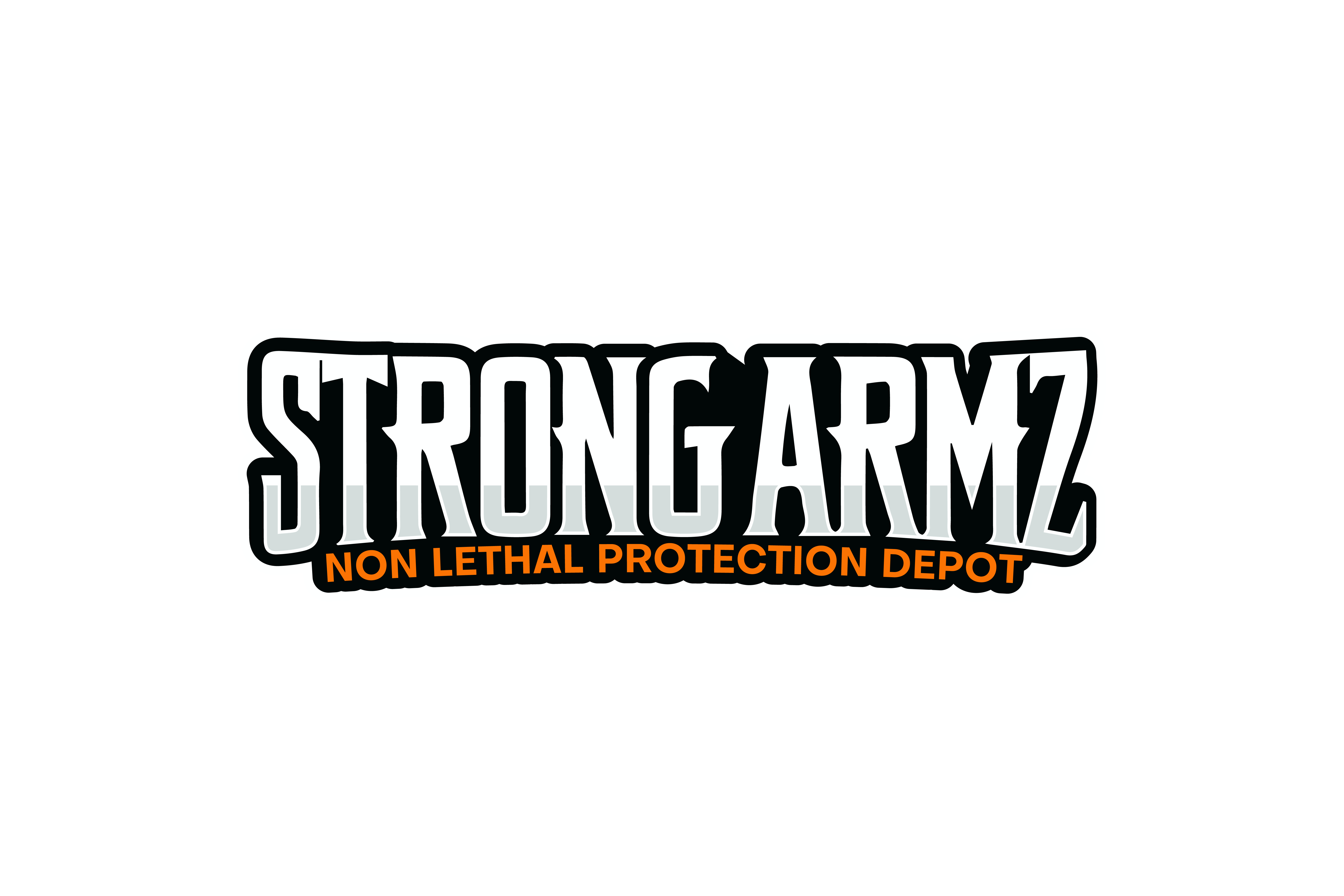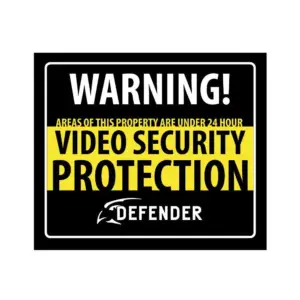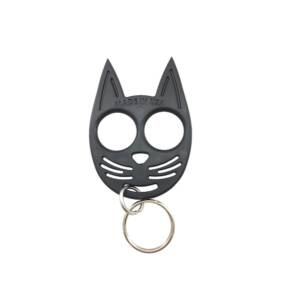Description
STORAGE
Does storing a battery in the refrigerator help extend its life? Learn some helpful tips on the best way to store, handle, and care for your batteries, whether at home or on the road.
Do’s
- Do keep batteries, especially small and coin lithium batteries and the devices that use them, out of reach of children. If swallowed, coin lithium battery batteries can get stuck in a child’s esophagus where they can cause serious injury in less than two hours.
- Do help Energizer drive awareness of the risks associated with ingesting 20-millimeter, coin lithium batteries when swallowed. Call Energizer Customer Support (1-800-383-7323) to learn more.
IF YOU SUSPECT YOUR CHILD HAS SWALLOWED A COIN LITHIUM BATTERY, TAKE HIM OR HER TO THE EMERGENCY ROOM IMMEDIATELY AND FOLLOW THESE STEPS:
- Tell doctors and nurses it might be a coin lithium battery.
- Provide the medical team with the identification number from the battery’s package if possible.
- Do not let the child eat or drink until an X-ray determines if a battery is present.
- Do not induce vomiting.
- Contact the National Battery Ingestion Hotline for more information: www.batteryingestionhotline.com or 800-498-8666
- DO read the instructions on your device before installing batteries. Only use the size and type of battery specified in the instructions.
- DO insert the batteries properly. Follow the symbols showing the correct way to position the positive (+) and negative (-) ends of the batteries.
- DO keep battery contact surfaces clean by gently rubbing with a clean pencil eraser or cloth.
- DO immediately remove exhausted batteries from your device and dispose of them properly.
- DO remove all batteries from the device at the same time and replace them with new batteries of the same size and type.
- DO preserve battery life by switching off a device and removing the batteries when it’s not being used and is not expected to be used for extended periods of time.
- DO practice proper battery storage by keeping batteries in a cool, dry place at normal room temperature. It’s not necessary to store batteries in a refrigerator.
Don’ts
- DON’T dispose of batteries in a fire — they may leak or rupture.
- DON’T disassemble, crush, puncture, or otherwise damage batteries. This can result in leakage or rupture.
- DON’T carry loose batteries in a pocket or purse with metal objects like coins, paper clips, etc. This can short-circuit the battery, leading to high heat or leakage.
- DON’T recharge a battery unless it is specifically marked “rechargeable.” Attempting to recharge a non-rechargeable (primary) battery could result in leakage or rupture. Don’t use rechargeable alkaline batteries in nickel-metal hydride battery chargers.
- DON’T store batteries or battery-powered devices in hot places — elevated temperatures can lead to capacity loss, leakage, or rupture.
- DON’T mix old and new batteries, or mix different types or makes of batteries. This can cause leakage or rupture, resulting in personal injury or property damage.
- DON’T give batteries to young children.
DISPOSAL
Recycling is a positive alternative. Please do the responsible thing. Energizer strongly recommends proper disposal and recycling of all batteries.
For more information on how to safely and responsibly dispose of your used single-use and rechargeable batteries, please visit two organizations that Energizer is proud to partner with Earth 911 Earth911 and Call2Recycle.











Reviews
There are no reviews yet.